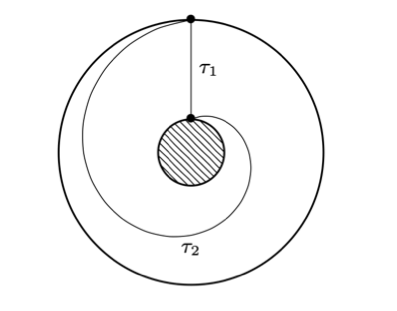In its most basic form, number theory studies properties of the integers. Examples include studying prime numbers and the solubility of polynomial equations in integers, which nowadays found applications in cryptography on the internet. Looking at these and related questions from a geometrical point of view leads to arithmetic algebraic geometry. On the other hand, algebraic K-theory can be viewed as a far-reaching generalisation of the notion of dimension of a vector space. Originally defined because of its convenient formal properties, it is now related to many fields in mathematics, including number theory, algebraic geometry, hyperbolic geometry, and even theoretical physics.
The representation theory of quivers is a type of 'higher linear algebra' where one studies quivers (directed graphs) of vector spaces and linear maps. Such representations are ubiquitous in mathematics and play integral roles in representation theory, cluster theory, dynamical systems, geometry (algebraic, differential, symplectic), string theory, and, more recently, topological data analysis.
